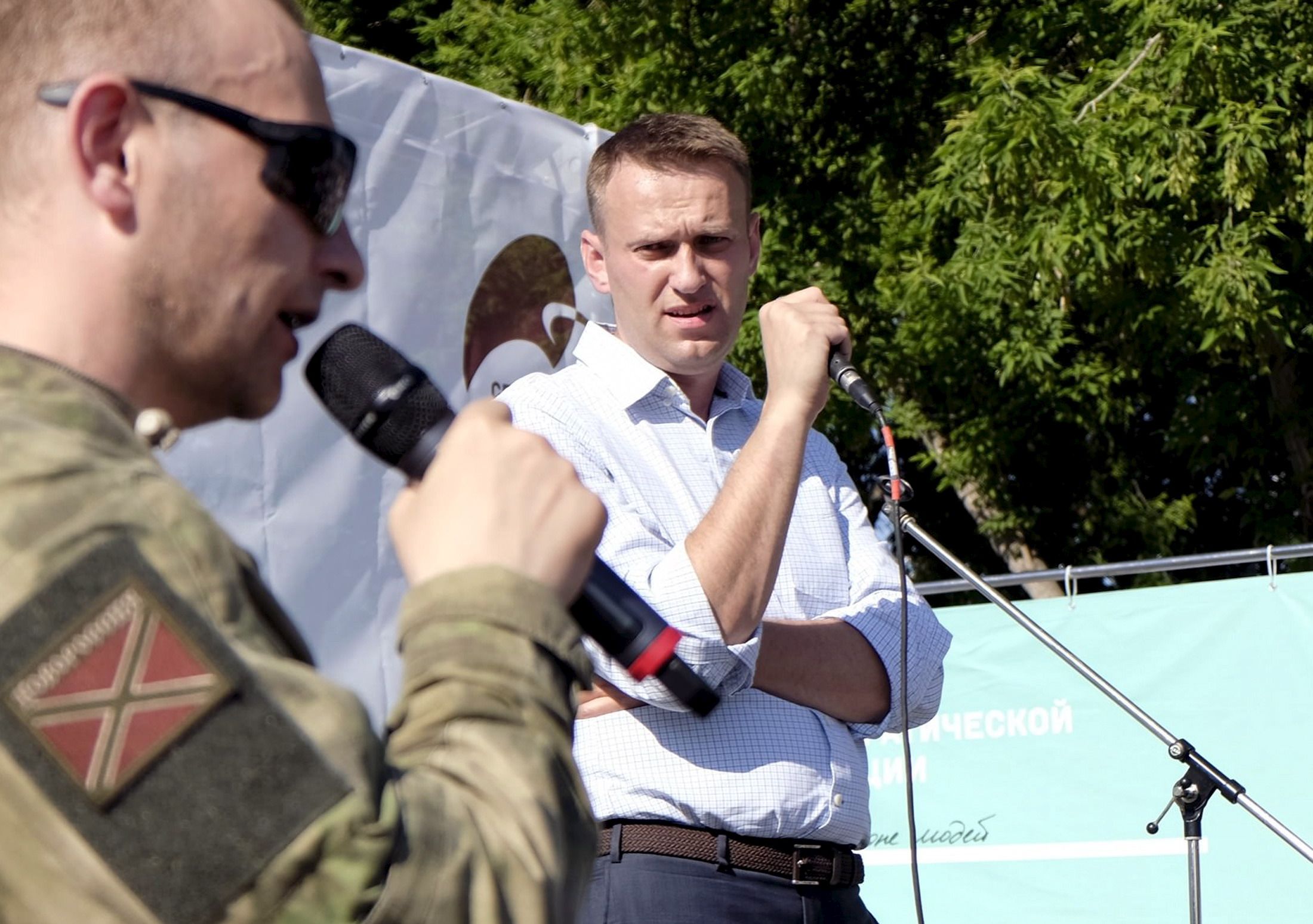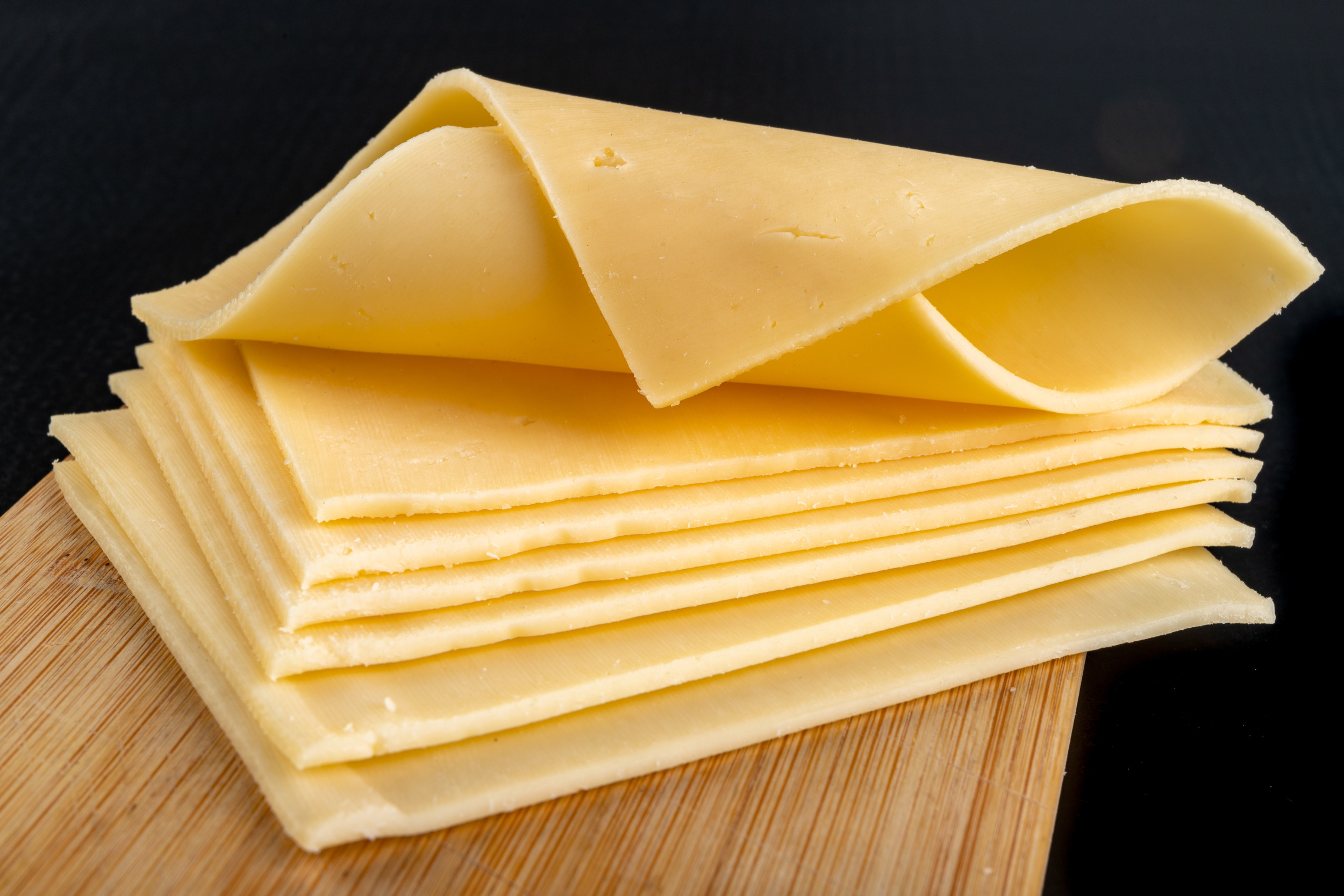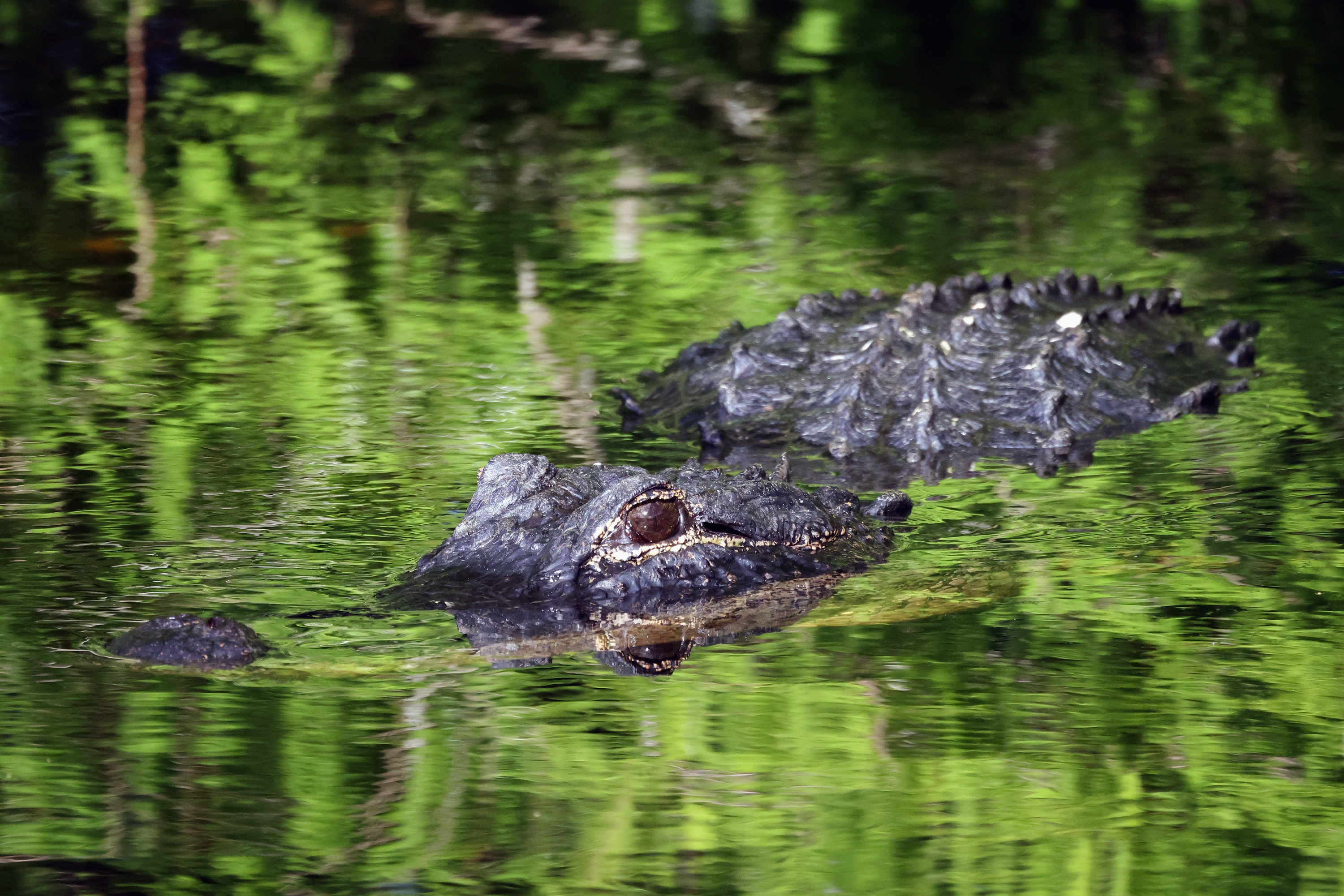
It was supposed to be a normal political rally, only it wasn't. On May 23, a group of opposition activists and politicians set up a small square tent along one of the main streets in Kaluga, a small city roughly 90 miles from Moscow. The activists were hoping to attract potential voters in the lead-up to the primaries for this fall's local elections.
As soon as the activists had pitched their tent, however, they realized they weren't alone. Three buses pulled up, and a group of immigrants and homeless people stepped off and stood near the volunteers. "They weren't breaking the law," recalls Andrei Zayakin, a physicist who is running in the Kaluga primaries and was there that day. "They were just demonstrating some kind of affiliation between us and them."
This wasn't the first time the activists say their rallies have been disrupted. They don't know who's directly responsible, but over the past few weeks, they say groups of men have dismantled their billboards and coerced venues to prevent them from renting rooms for events. "For now it's just a regular administrative pressure," Leonid Volkov, one of the Russian opposition leaders, tells Newsweek. "These trifles are annoying, but they don't really impede us."
The activists in Kaluga are part of a group called the Democratic Coalition, which emerged in April and now includes six political parties. Their goal: to challenge the ruling party of President Vladimir Putin in Russia's national parliamentary elections next year. The local elections are widely seen as a rehearsal for that wider contest, and the coalition has decided to run in three of the 11 regions in September. The group doesn't expect to win, but a good showing would be seen as a major victory.
This isn't the first time Russian opposition parties have tried to join forces. All previous attempts have resulted in chaos and failure, but the coalition is hoping this time will be different. The primaries, they say, will give the different groups a chance to work out their ideological and personal differences. "It's a mechanism for solving conflict...that all the previous coalitions lacked," Volkov says. "To make it work, we need to practice."
The coalition also hopes the primaries will give voters a chance to get to know new faces. Zayakin is one of them. A physicist with a promising academic career in Europe, he recently returned to Russia in hopes of continuing his work exposing plagiarism among Russian academics. Before long, however, he decided he had wider political ambitions. "For many years I've been thinking that, to be a politician, you have to be a devil or a saint," Zayakin told Newsweek. "Yet when I started looking closer, I discovered that devils aren't that diabolic, and that there are very few people in the democratic community who combine intellectual powers with an ability to do bureaucratic work. I feel that, if I want anything to change in this country, I need to fill this vacancy with my own self."
For the primaries, the coalition is targeting potential supporters, namely Russian liberals in major cities. "We have enough supporters to get political representation," Volkov says. "We know that in every big city there are from 15 to 20 percent of people with democratic views, and we tell them: Guys, we [will] give you all the resources we have, and, using them, you choose people that you want to be your representatives in the government. I think it's a fair deal."
Not everyone in the Russian opposition agrees with the coalition's strategy. The country's history of electoral fraud has convinced many opposition supporters that participating in the elections isn't only meaningless, it actually hurts the cause. "In 2015 it's obvious that Putin's regime won't change through elections," says Ivan Tyurin, a member of the Bureau of the United Civil Front, an oppositional group created by a former world champion chess player Garry Kasparov. "When you pretend that there's a real political competition, you're just playing on their side."
The supporters of the coalition, however, reject this argument. "I can't see any other feasible means of changing the system," Zayakin says. "It would be a shame just to sit down and wait. Volkov agrees. "Elections," he says, "always put the pressure on the government. Putin can't win anything through elections, because he already has all the power. It's a stress for him."
For the time being, he and his fellow activists say they'll simply have to get used to disruptions, like strangers showing at their events.
Uncommon Knowledge
Newsweek is committed to challenging conventional wisdom and finding connections in the search for common ground.
Newsweek is committed to challenging conventional wisdom and finding connections in the search for common ground.





